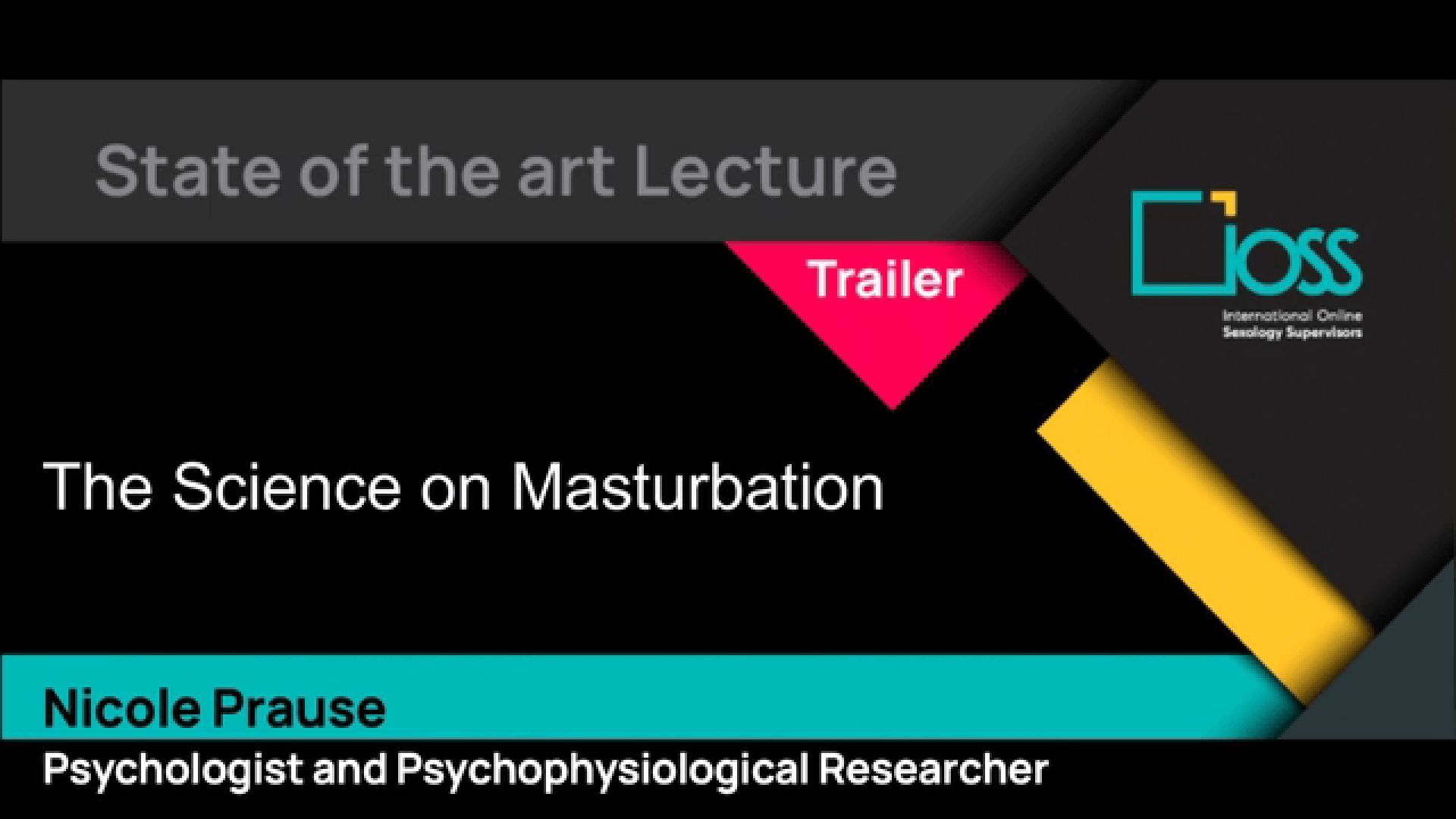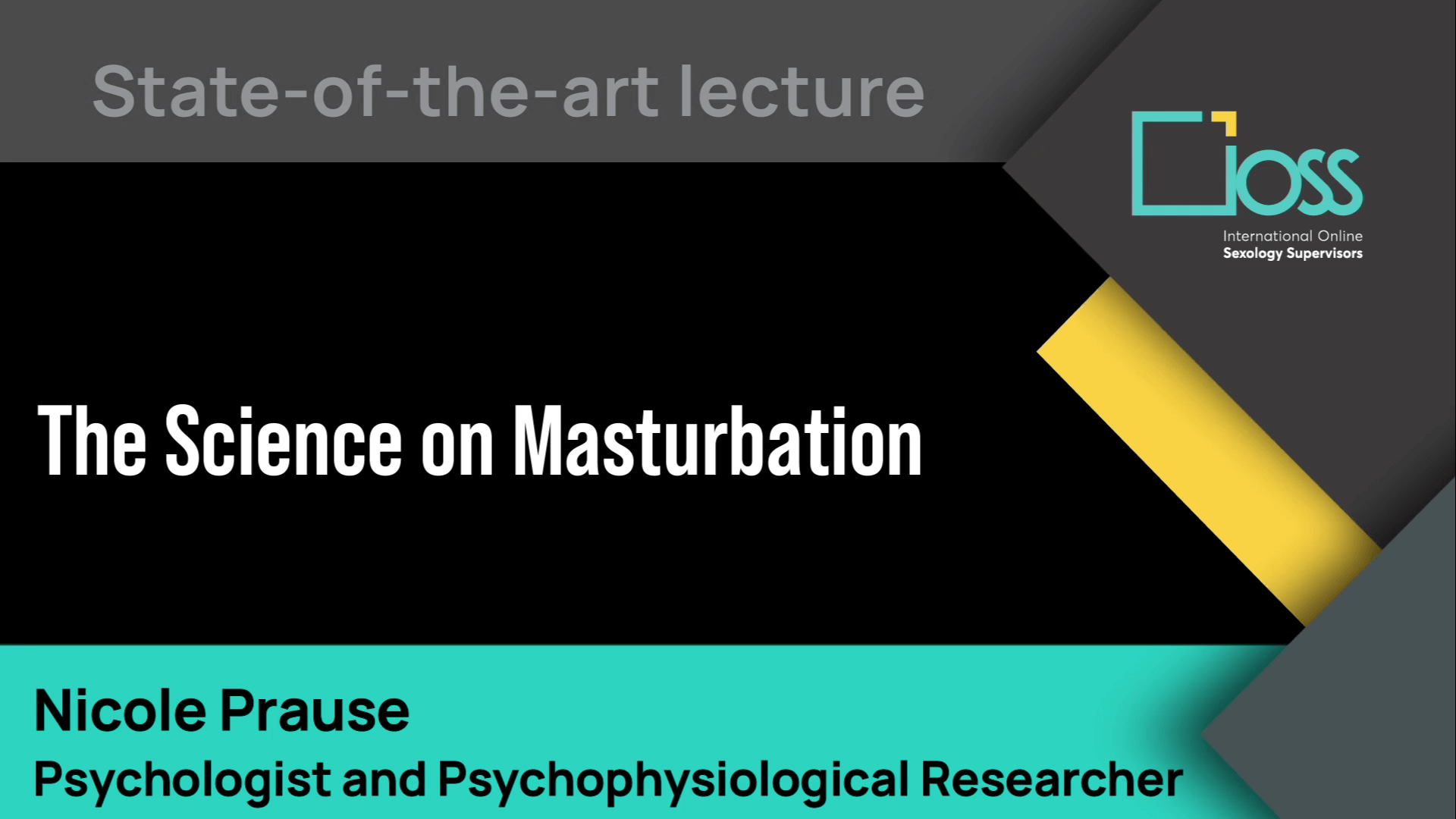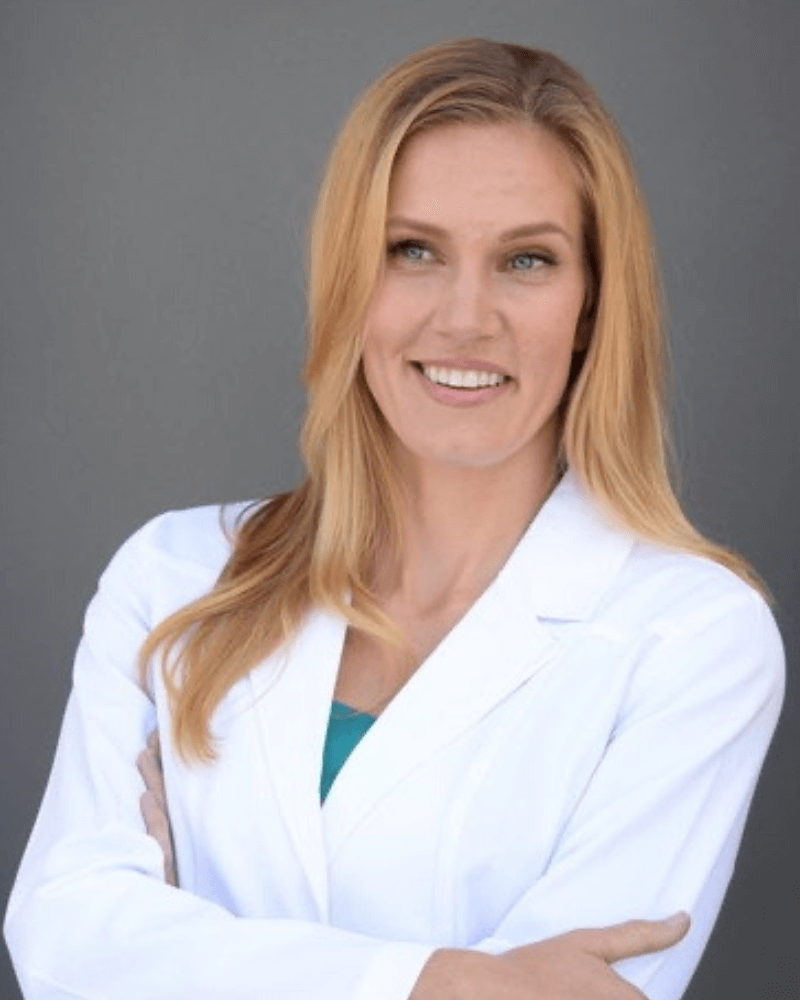The Science on Masturbation
1h 30m
Nicole Prause
Clinical scientist & Psychologist
 Trailer
Trailer Get AccessFull Video
Get AccessFull VideoContent and aim: Despite sex educators work to destigmatize solo sexual stimulation, a recent backlash has become wildly popular, shaming this common, positive sexual activity. This presentation starts with basic statistics to characterize how masturbation has been reported over the years by gender, with a characterization of people’s reasons for engaging in the behavior. Then, it covers the physiological similarities and differences of masturbation, partnered sex, and viewing sexual films. Recent research on online anti-masturbation programs, including “semen retention”, Reboot, and NoFap, describe the problems that appear to be caused by such movements, especially their treatment claims. The lecture concludes with an overview of the potential health benefits specific to masturbation.
Learning objectives: The participants will be guided on:
- Describe basic statistics on reported masturbation habits.
- Debunk common myths of masturbation related to physiology, such as orgasm causing a “dopamine flood”.
- Characterize the claims of Reboot/NoFap/Semen Retention and why they are false.
- Critique the level of evidence supporting the claimed health benefits of masturbation.
Produced in 2023

Nicole Prause
Clinical scientist & Psychologist
Lecturer
Nicole Prause, PhD, is a clinical scientist. She is a licensed psychologist and psychophysiological researcher at the University of California, Los Angeles.
Her research investigates primary rewards, which includes rewards experiences from sex and drugs of abuse. Her over 100 peer-reviewed publications appear in a range of journals, from engineering and basic physiology to social science and online communities. Her unique research protocols include bringing real-life partners into the laboratory to monitor their physiological responses and masturbation through climax by individuals. With strong dual training as a scientist and clinician, Dr. Prause is determined to develop and advocate for better therapies for improving patient care. In service of this ideal, she is concerned about how to measure therapeutic success, make empirically-supported therapies accessible for clinicians, identify and prevent the use of ineffective therapies, and promote clear communication with clients about the process.


